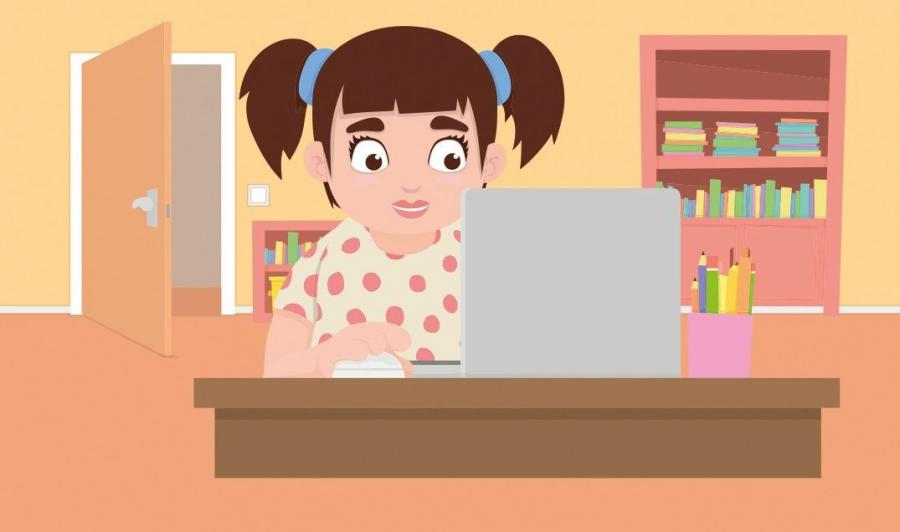It’s hard to think of a crime whose victims are more faceless and vulnerable than victims of child sexual abuse. In most middle and low income countries, the subject of child sexual abuse remains largely taboo, without a social imperative to report suspicion of the crime within the community and with no ready help for children.
While efforts to address the subject of child sexual abuse can be sluggish, the ability of perpetrators to organize, network and harness technology is fast. The ever-expanding and accessible nature of internet and communication technologies has facilitated the distribution of child sexual abuse materials. The geographic boundaries between children and child sex offenders are reduced, resulting in new forms of online child sexual exploitation such as live streaming of child sexual abuse.
Online child sexual exploitation includes the production, distribution, possession and consumption of child sexual abuse materials (also known as child pornography). The majority of the victims depicted in these materials are very young children, often girls. The gaining of a child’s trust for the purpose of future sexual abuse through chatting online – also known as online grooming – constitutes another form of online sexual exploitation of children. The perpetrators employ numerous social engineering tactics and tools to lure vulnerable children and befriend the child, or harass them when they are non-compliant.
Globally, law enforcement agencies have suggested that there are over 17 million such images and videos in circulation – 83% of them include children under 12.
WePROTECT is a global initiative spearheaded by the UK Government to end online child sexual exploitation. At the heart of WePROTECT is a commitment by countries, IT industry, civil society organizations and UN agencies such as UNICEF to take coordinated national action to tackle online child sexual exploitation. This includes the development and implementation of technological solutions to identify, remove and reverse the spread of online child sexual abuse materials and to enable law enforcement agencies to bring the full weight of the law down upon the offenders, and in parallel, to provide of support services to child victims.
Montenegro is part of the WePROTECT initiative and has thus far supported the strengthening of intelligence led policing capacity to identify offenders and to build sound prosecution cases. We will also launch a nation-wide anti-grooming application available to all parents, children and schools in June 2016, which will enable children to review animated scenarios of what to do if a stranger approaches them on Facebook.
Simultaneously, we need to break the taboo on talking about sexual violence against children and undertake a national campaign on the topic soon.
Connectivity is essential for children in the 21st century and is key to their cognitive and emotional development and the fight against poverty. However, parents and teachers are not always aware of how to teach and monitor safe online usage. We must promote the We PROTECT programme globally – to balance protection of children from harm against promotion of digital citizenship and empowerment for all, including especially for the children themselves.
Benjamin Perks is the UNICEF Representative to Montenegro
Source: UNICEF
 FR
FR EN
EN AR
AR











